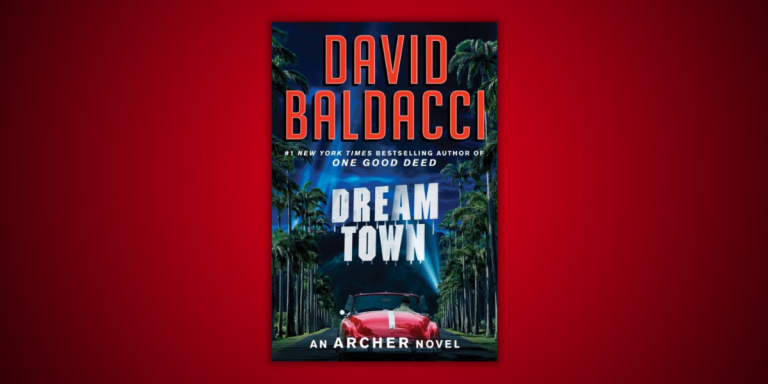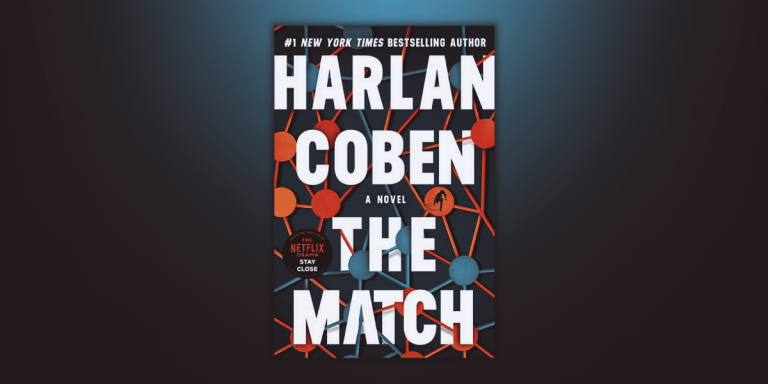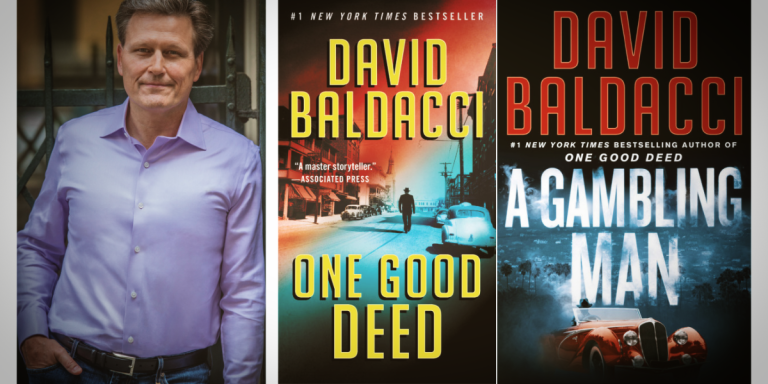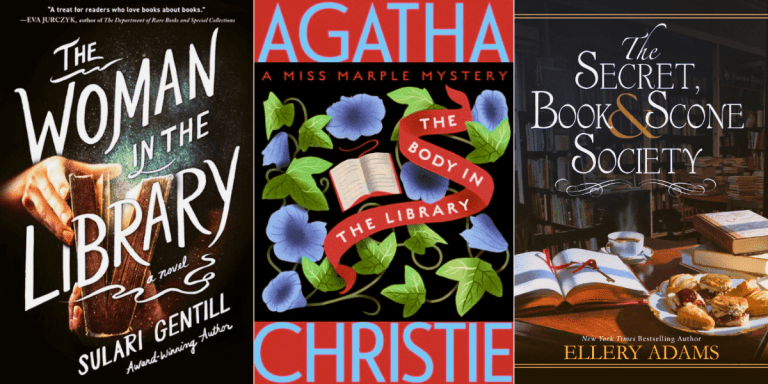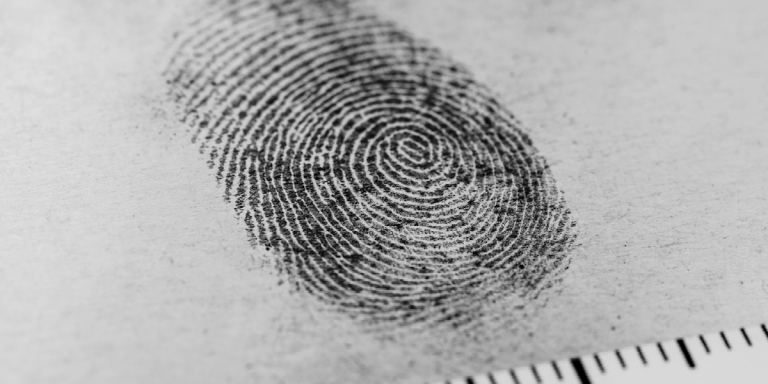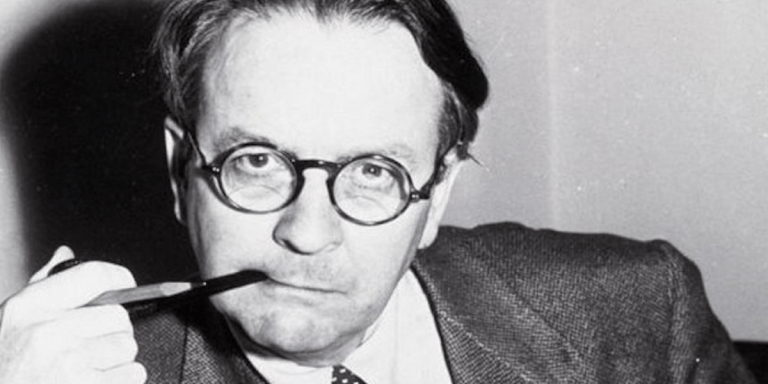Read the Excerpt: The Long Weekend by Gilly Macmillan
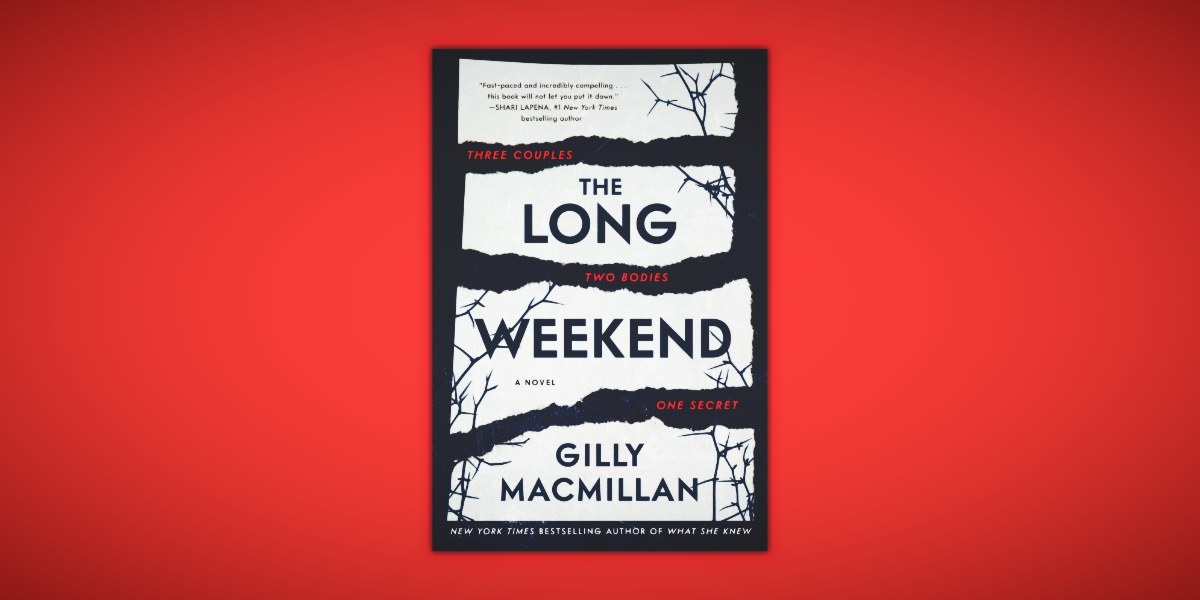 FRIDAY
FRIDAY
John shouldn’t be driving, they discussed it with the doctor yesterday, but Maggie sees the look in his eyes and puts the key into his outstretched hand. His fingers snap closed around it.
He gets into the Land Rover without loading the bags of clean linen and towels into the back, but Maggie doesn’t say anything; she hefts them in herself. The dog jumps in and lies down, bracing her back against the bags, tongue out, gaze taut. Maggie shuts the door.
The wind is cold this morning and cuts right through her. It’s only the start of September yet autumn has arrived abruptly. There’s the feeling of a storm coming. Clouds race to gather on the horizon, their shadows grazing the solid stone and slate farmhouse below where it’s nestled in a hollow in the side of the valley.
John starts the Land Rover and over its growl, Maggie thinks she hears the whine of another engine. She frowns. Their guests aren’t due to arrive until later this afternoon. The lane that winds up here doesn’t lead anywhere else. If you’re on it, you’re either on your way to the Elliott farm or you’re lost.
Dry stone-walls divide and order the land around the farmhouse. Beyond the walls lie acres of unenclosed rough grazing, steep, semi-useful land that surrenders itself along its ragged outer edges to a vast and unmanageable wilderness of exposed moor which hides boggy wetlands and is cleft by isolated valleys and steep-edged ravines, their sides slippery with scree. Rocky outcrops break through on high, distant peaks.
The boundaries of the farm are ill-defined. Elliott land encompasses some of this wilderness and has done for centuries. John and Maggie shepherd three thousand acres and eight hundred head of sheep. There’s good grass and bad; there are good years and bad. The sky is always huge and the stars at night brighter than anywhere else they’ve ever been. Guests who stay at the barn always remark on this.
Maggie waits for a moment, to see if she hears more, but picks up nothing over the noise of the Land Rover. She doesn’t linger. Up here, sound can play tricks on you. And she has work to do.
She fastens her seatbelt. “I thought I heard someone driving up.”
John doesn’t react. His foot is down, the Land Rover moving already. She glances at him.
“Are you alright?”
“Why wouldn’t I be?” He maneuvers the car out of the farm gate. It bounces as the wheels hit the broken surface of the lane.
“Don’t be like that.”
“Sorry.”
He stares ahead and she watches his profile. His cheeks and nose are riddled with broken veins, his skin knitted thick onto his bones. He’s done a shoddy job shaving today, but his eyes are as full of soul as ever. This is a good man. She knew it the day she met him.
She looks harder at him, searching for outward signs of what’s invisible: the areas of his brain riddled with connections as broken as his veins. “We suspect dementia with Lewy bodies. I’m so sorry,” the consultant said. That appointment lost in a sea of others by now, but she’ll always remember hearing the diagnosis and that apology, and John flinching as if he’d been struck.
She’s so lost in staring at him that she doesn’t see the motorbike round the bend in the lane, tilting, black, and powerful. Coming right at them. Too fast.
John hits the brakes hard, bracing himself at the last instant. Maggie is thrown forward and back, the air punched out of her lungs.
“Sorry,” he says in the shocked silence afterward. “Are you okay?”
“I think so. You?” Her heart thumps and she winces at the sudden arrival of pain where the seatbelt cut into her chest and her shoulder.
“Hurt?” he asks.
“It’s not too bad.”
John nods and looks back to check on the dog. She shows him the whites of her eyes but seems fine, only a towel fallen onto her back from one of the overstuffed bags.
“Good, Birdie,” he tells her.
The bike has skidded to a stop at an angle across the lane, frighteningly close to the front of the Land Rover. The biker’s a big man, dressed in plain black leathers and a black helmet. Even with his helmet on, they know he’s not one of their local couriers.
He dismounts. The surface of his visor reflects the dark trees gathered on each side of the lane. Maggie is suddenly afraid that he might be angry with them and try to blame them for the close shave. They’d be defenseless against a man like him. She’s breathing hard.
John winds down the window. “You need to watch where you’re going,” he shouts. A vein pulses in his temple.
“Don’t,” Maggie warns. She used to feel safe from everything except the elements up here. She loved the isolation and the sense of living on the very edge of civilization. But the change they’ve been through since John’s diagnosis is like today’s stiff wind. It has rattled everything, and Maggie is afraid that she and John have reached a stage in life where once something’s rattled, it stays loose.
Birdie growls and gets to her feet. Her head pokes between their shoulders. She shows her teeth.
“Birdie!” Maggie warns. She puts a hand on the dog’s shoulder. The growling stops but Birdie’s muscles are tense beneath Maggie’s hand, her hackles are up, and she doesn’t take her eyes off the biker.
He lifts his visor as he moves nearer to the driver’s side of the Land Rover. His mouth is obscured by a bandanna and his eyes are buried in shadow. “I’m looking for the Elliotts.” His accent is southern. He’s come a long way north to be within a stone’s throw of the Scottish border.
“That’s us,” John says.
“I’ve got a package for you.”
“Parcels get left in the box by the farm gate. At the bottom of the hill.”
“I’m supposed to give it to you in person. Special instructions.”
They watch him fetch the package from the box on the back of his bike, his movements unhurried. He hands a cardboard box to John who passes it to Maggie. It’s unsealed, unmarked, and has some weight to it. Maggie moves the flaps to peer inside and sees another box, this one cuboid and beautifully wrapped in paper and ribbon. An envelope is tucked beside it. Maggie takes it out. She retrieves her glasses from her shirt pocket so she can read the small, carefully printed words. “TO JAYNE, RUTH AND EMILY.”
“This isn’t for us,” she says but as she speaks, she remembers. “The guest who booked the barn this weekend is called Jayne. It must be for her. For them.”
“There’s a note for you.” The driver hands over a sheet of paper with typed instructions on it. Maggie reads aloud.
‘“Please discard the cardboard box and place the wrapped present prominently on the kitchen table at Dark Fell Barn, facing the door, and lean the letter against it so it’ll be the first thing my friends see when they enter the room on arrival. It’s a very special surprise so I appreciate your attention to detail. Thank you.”’
It’s not signed. Maggie flips it but there’s nothing on the back.
“Aye, I suppose that’s fine,” she says. Her tension ebbs. Sometimes, guests do the strangest things. ‘We’re on our way up to the barn now.’ She still feels a little uneasy but also embarrassed for feeling so fearful earlier.
The biker nods. He flips his visor down and is away as suddenly as he arrived, the bike spraying mud in its wake, leaving questions on Maggie’s lips, such as who and where he picked the box up from, and why all the effort to get it here in this way. Not her business, she supposes, but she’s curious about this “special surprise” and its “special instructions”.
“That’s a first,” she says. “How far do you think he came from?”
“We could have killed him.”
John speaks through gritted teeth. He’s angry because the close shave frightened him, Maggie thinks and she wonders if she should take over the driving, after all, if he’s going to get himself in a state. She’s about to ask, but the words stick in her mouth. Every offer she makes to help him wounds his dignity and it hurts her to inflict pain on him.
Instead, she lifts the parcel and gives it a tentative shake. “The lengths people will go to,” she says. “I hope whatever’s in here is worth the bother.”
John glances over, shakes his head and mutters something she can’t hear as he fixes his eyes back on the road. She notices him tighten his grip on the wheel, knuckles whitening beneath his thinning skin.
Those hands, she thinks, aware that since his diagnosis she’s been prone to moments of reflection and of nostalgia, but allowing herself the indulgence. What those hands have built and achieved. She loves the liver spots, the tendons like thick string, sees the happy years of her marriage and the challenges of their farming life in them.
But the tight grip on the wheel, the head shaking and the muttering; it’s not him. It’s more change that’s new and troubling. She’s still learning to read his symptoms, and to decipher what they might mean, and she gets a sinking feeling that today might be one of those days where he’s lost to a terrible pessimism.
“What are you shaking your head for?”
“It’s a bad thing. The parcel is.”
“What gives you that idea? How can you possibly know?”
He inclines his head. He knows, he’s saying. She tries to laugh it off, but the sound coming out of her mouth is hollow, and the truth is, she finds herself taking him semi-seriously. John might drown in pessimism or despair, he might exhibit agitation, forgetfulness and sometimes she thinks he even sees things that aren’t there, all of which is deeply troubling, but she can’t deny that for as long as she’s known him, he has been able to sense more than the average person.
She touches the back of her neck, seeking any soreness from whiplash. Her cold fingertips trigger a shudder that runs right through her. She thinks about the parcel, about whether it’s a good or a bad thing. After a few silent moments she puts it in the footwell.
The Land Rover lurches and bumps as it climbs the rutted track. Maggie steadies the parcel with her foot when the vehicle’s movement threatens to damage it. If whatever is inside it gets broken, her guests may leave a bad review, and that’s the last thing she and John can afford.
Order the Book
Dark Fell Barn is a “perfectly isolated” retreat, or so says its website when Jayne books a reservation for her friends. A quiet place, far removed from the rest of the world, is exactly what they need.
The women arrive for a girls’ night ahead of their husbands. There’s ex-Army Jayne, hardened and serious, but also damaged. Ruth, the driven doctor and new mother who is battling demons of her own. Young Emily, just wed and insecure, the newest addition of this tight-knit band. Missing this year is Edie, who was the glue holding them together, until her husband died suddenly.
But what they hoped would be a relaxing break soon turns to horror. Upon arrival at Dark Fell Barn, the women find a devastating note claiming one of their husbands will be murdered. There are no phones, no cell service to check on their men. Friendships fracture as the situation spins wildly out of control. Betrayal can come in many forms.
This group has kept each other’s secrets for far too long.
By clicking 'Sign Up,' I acknowledge that I have read and agree to Hachette Book Group’s Privacy Policy and Terms of Use
